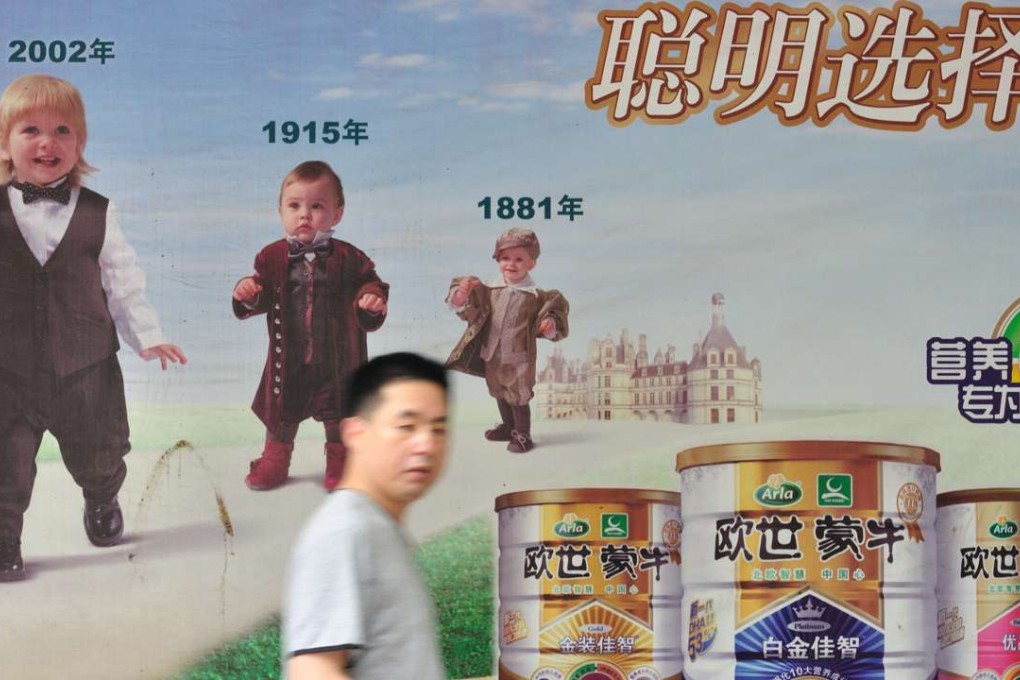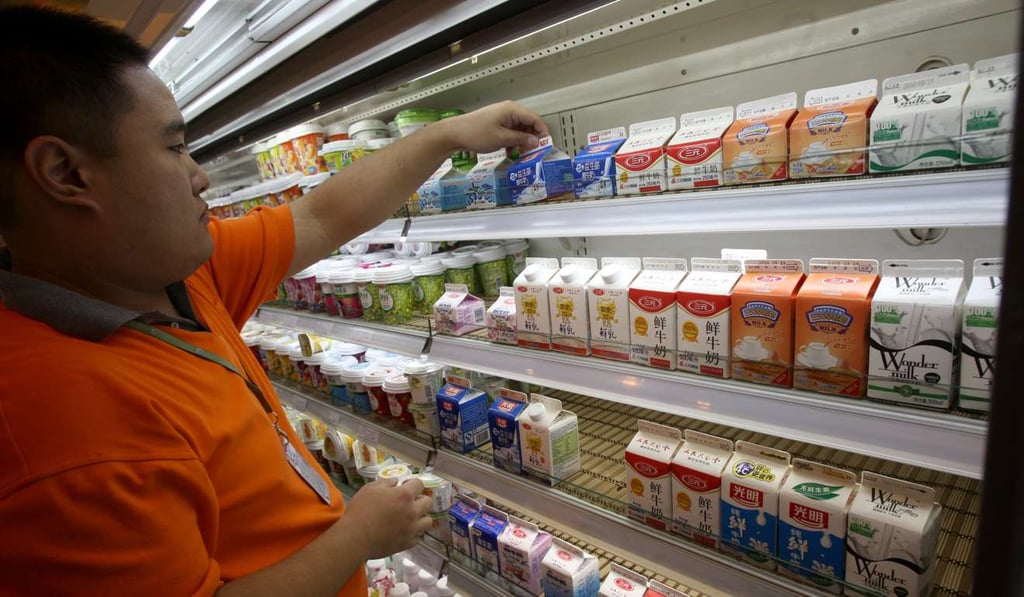Tianmei Beverage draws strong investor interest ahead of trading debut in Sydney

Australian investors have over the last few weeks rushed to subscribe shares from an Australian company which owns a 100 per cent interest in Chinese beverage and consumer goods company Tianmei Beverage Group, in the hopes of tapping China’s growing appetite for food safety.
Tianmei Beverage Group, saw its shares oversubscribed during the initial public offering (IPO) on the Australian Stock Exchange, and will likely price at the upper end of a range that will value the company at up to A$34 million (US$26.09 million) on Tuesday’s trading debut in Sydney. Although that market capitalisation is just a fraction of Chinese beverage group Kweichow Moutai, with more than 21,100 employees, it amounts to a mammoth deal for Tianmei which counted only 113 employees as of October.

One reason for the popularity of the IPO is the company’s growth potential given the growing awareness of food safety in China, and the perception that foreign brands are of high quality.
In fact, a lucrative underground trade has developed whereby foreign food and dietary supplements are shipped to China under what’s known in Chinese as “daigou,” which translates as “buying on behalf”, or the practise of bulk-buying goods such as baby formula which are then resold at a markup. The practise contributes to US$5 billion to US$7.5 billion in sales worldwide according to consultancy Bain & Co.
In its listing prospectus, Tianmei referred to the mainland demand for foreign products in a section entitled “Strengths and competitive advantage”.